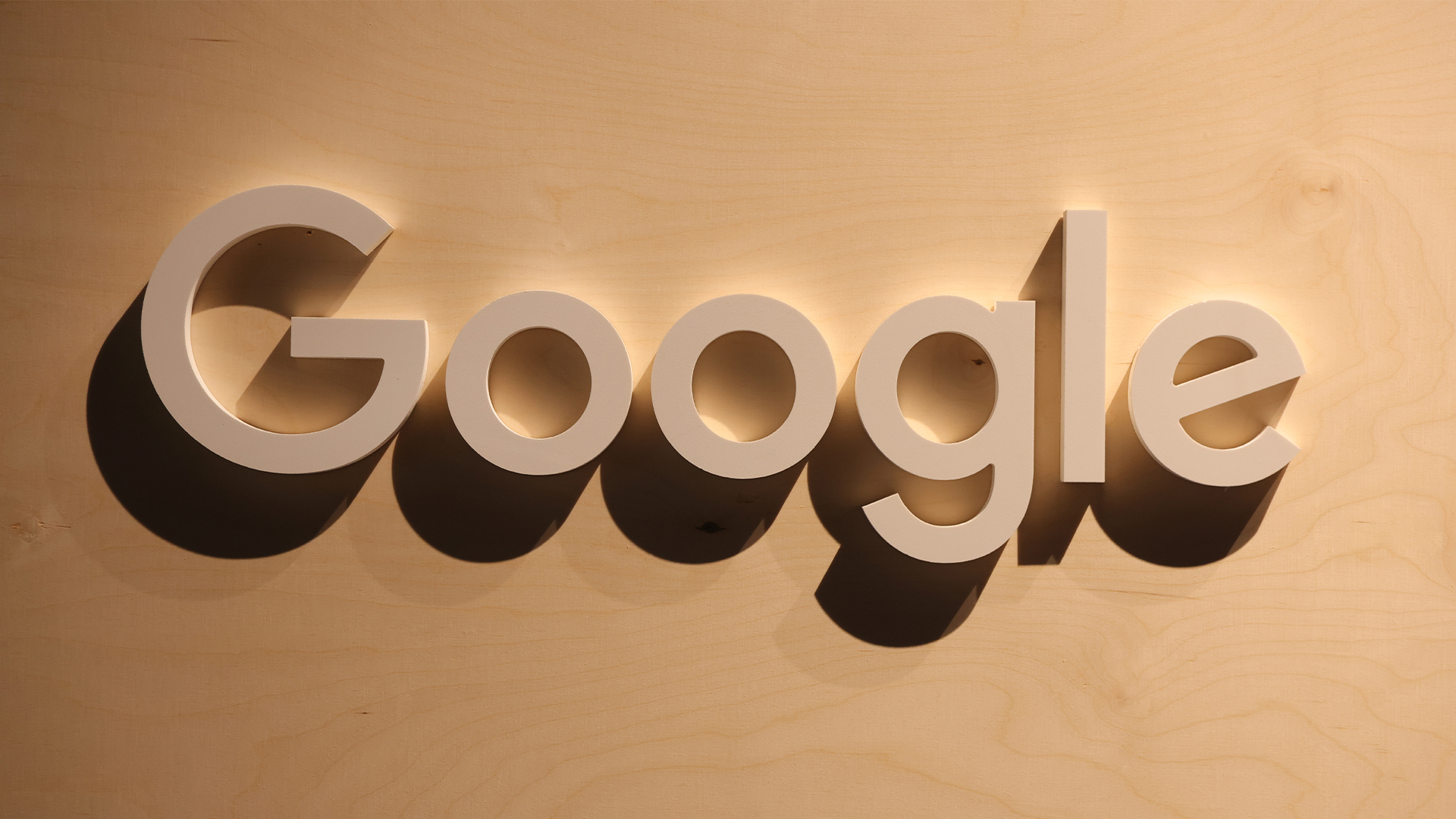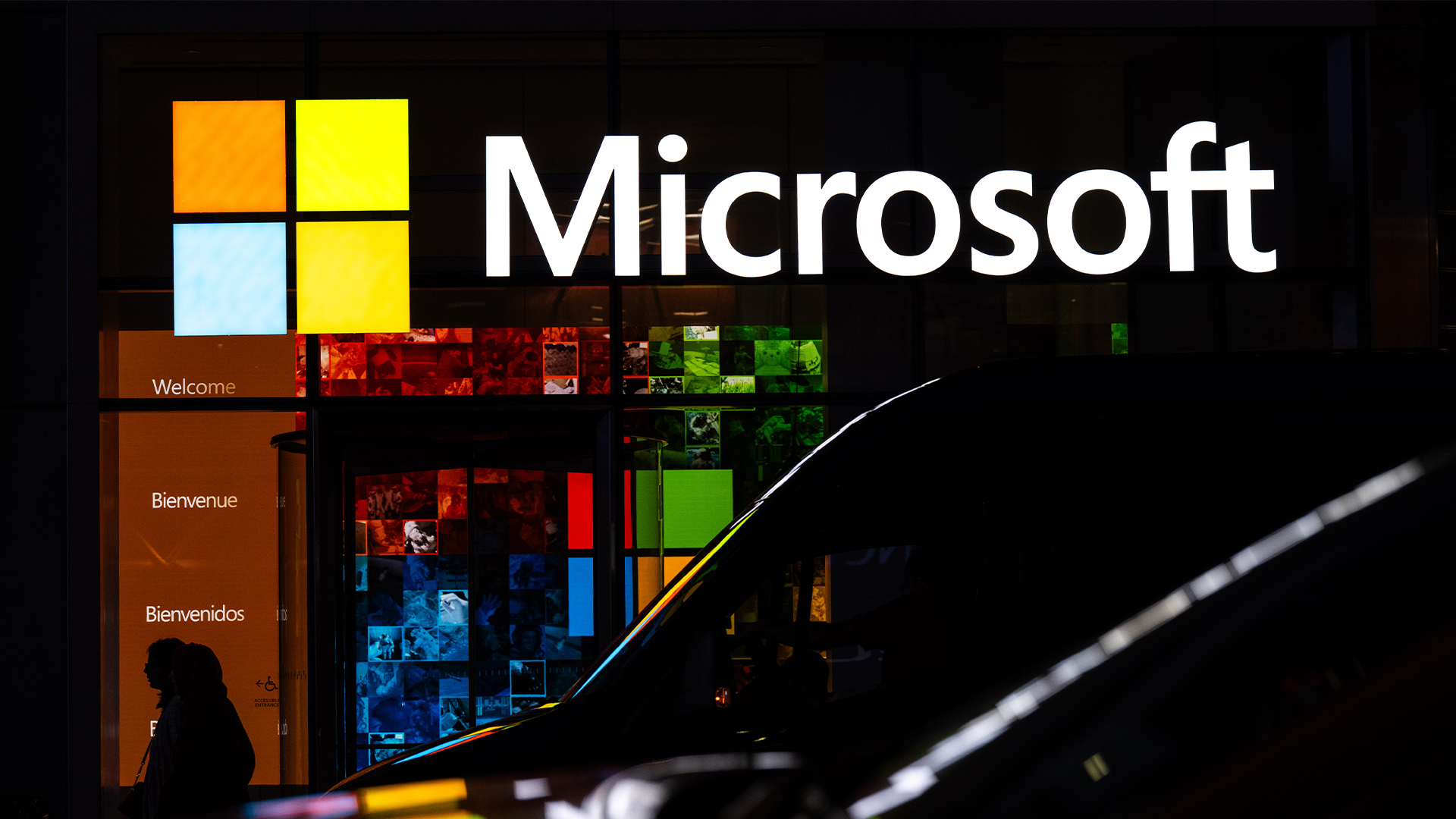Google says Microsoft can’t be trusted after email security blunders
Google has fired a broadside at Microsoft amid concerns over the tech giant's repeated security blunders


Sign up today and you will receive a free copy of our Future Focus 2025 report - the leading guidance on AI, cybersecurity and other IT challenges as per 700+ senior executives
You are now subscribed
Your newsletter sign-up was successful
Google has released a paper directly challenging Microsoft over a series of security lapses in recent months, suggesting enterprises and public sector organizations need a more secure alternative.
The tech giant appears to be capitalizing on what has been a difficult year for Microsoft from a security standpoint, after the firm suffered a litany of high profile security gaffes involving its enterprise solutions.
The paper castigates Microsoft for the “inadequate security culture” identified in an investigation by the US Cyber Security Review Board (CSRB), aiming to present itself as the enterprise option with a culture that prioritizes security.
In particular, the CSRB report focused on the Summer 2023 Microsoft Exchange Online Intrusion, in which Chinese-affiliated threat actors known as Storm-0558 were able to access the email accounts of top US Government officials.
The attack was carried out using a stolen signing key that “permitted Storm-0558 to gain full access to essentially any Exchange Online account anywhere in the world”.
US lawmakers described a “cascade of security failures” that led up to the incident, which when taken together, “point to a failure of Microsoft’s organizational controls and governance, and of its corporate culture around security”.
Google also pointed to another cyber incident that occurred just a few months later, in which a Russian-linked threat group – Midnight Blizzard – compromised a series of Microsoft's corporate email accounts including those of senior leaders, as well as their security and legal teams.
Sign up today and you will receive a free copy of our Future Focus 2025 report - the leading guidance on AI, cybersecurity and other IT challenges as per 700+ senior executives
It highlighted the fact that Microsoft stated the attack was still ongoing five months after the initial breach, citing the tech firm’s own security update that failed to give a timeline for the incident to be resolved.
Google smells blood in the water
In terms of specific criticism of Microsoft’s actions, the CSRB paper was particularly scathing about the firm’s inability to provide details on how exactly the group was able to infiltrate its systems and gain access to this ‘master key’.
Google showed it had no qualms attacking Microsoft along similar lines, questioning whether Microsoft would be able to ensure this type of incident won’t happen again if it still doesn’t know how Storm-0558 obtained the 2016 MSA key.
It made sure to also raise the other two major criticisms of the report regarding Microsoft’s failure to prioritize security and risk management, which described the company’s security culture as ‘inadequate’, and its failure to correct inaccurate public statements.
Microsoft was found to have made a “decision not to correct, in a timely manner, its inaccurate public statements about this incident”, noting only after repeated questioning from the Board did the tech giant plan to issue a correction.
Contrasting this response to its own reaction to a major cyber attack, Operation Aurora carried out by a state-linked threat actor in 2009, in which it was the only company to confirm it was a victim of a cyber attack and disclosed to the public that certain Gmail accounts had been compromised.
"While no organization is immune to being the target of highly sophisticated adversaries, there is a clear pattern of evidence that suggests Microsoft is unable to keep their systems and therefore their customers’ data safe," Google said.
Google says it should be the trusted security partner
Google argued it’s already learned the lessons from this event, such as being more transparent around security incidents, as well as some fundamental dos and don'ts concerning security architecture.
The primary aim of the paper is to make the case for Google’s own enterprise productivity suite, Workspace, which it argues presents a fundamentally different and more secure approach to that of Microsoft.
"We believe Google Workspace is a safer alternative, with a proven track record of engineering excellence, deep investment in cutting-edge defenses, and a transparent culture that treats providing security for our customers as a profound responsibility," the firm said.
RELATED WHITEPAPER

The tech giant launched its Secure Alternative Program alongside this paper on 20 May 2024, which will offer organizations who make the switch discounted rates on its Google Workspace Enterprise Plus package and on its Mandiant incident response service.
This appears to be a direct challenge to Microsoft’s Secure Future Initiative, which it initially unveiled in November 2023.
Microsoft outlined plans to overhaul its security practices in the aftermath of the email security breach.
ITPro has approached Microsoft for comment.

Solomon Klappholz is a former staff writer for ITPro and ChannelPro. He has experience writing about the technologies that facilitate industrial manufacturing, which led to him developing a particular interest in cybersecurity, IT regulation, industrial infrastructure applications, and machine learning.
-
 Former Google engineer convicted of economic espionage after stealing thousands of secret AI, supercomputing documents
Former Google engineer convicted of economic espionage after stealing thousands of secret AI, supercomputing documentsNews Linwei Ding told Chinese investors he could build a world-class supercomputer
-
 Thousands of Microsoft Teams users are being targeted in a new phishing campaign
Thousands of Microsoft Teams users are being targeted in a new phishing campaignNews Microsoft Teams users should be on the alert, according to researchers at Check Point
-
 Microsoft warns of rising AitM phishing attacks on energy sector
Microsoft warns of rising AitM phishing attacks on energy sectorNews The campaign abused SharePoint file sharing services to deliver phishing payloads and altered inbox rules to maintain persistence
-
 Microsoft just took down notorious cyber crime marketplace RedVDS – and found hackers were using ChatGPT and its own Copilot tool to wage attacks
Microsoft just took down notorious cyber crime marketplace RedVDS – and found hackers were using ChatGPT and its own Copilot tool to wage attacksNews Microsoft worked closely with law enforcement to take down the notorious RedVDS cyber crime service – and found tools like ChatGPT and its own Copilot were being used by hackers.
-
 These Microsoft Teams security features will be turned on by default this month – here's what admins need to know
These Microsoft Teams security features will be turned on by default this month – here's what admins need to knowNews From 12 January, weaponizable file type protection, malicious URL detection, and a system for reporting false positives will all be automatically activated.
-
 Everything you need to know about Google and Apple’s emergency zero-day patches
Everything you need to know about Google and Apple’s emergency zero-day patchesNews A serious zero-day bug was spotted in Chrome systems that impacts Apple users too, forcing both companies to issue emergency patches
-
 The Microsoft bug bounty program just got a big update — and even applies to third-party code
The Microsoft bug bounty program just got a big update — and even applies to third-party codeNews Microsoft is expanding its bug bounty program to cover all of its products, even those that haven't previously been covered by a bounty before and even third-party code.
-
 Microsoft Teams is getting a new location tracking feature that lets bosses snoop on staff – research shows it could cause workforce pushback
Microsoft Teams is getting a new location tracking feature that lets bosses snoop on staff – research shows it could cause workforce pushbackNews A new location tracking feature in Microsoft Teams will make it easier to keep tabs on your colleague's activities – and for your boss to know exactly where you are.

